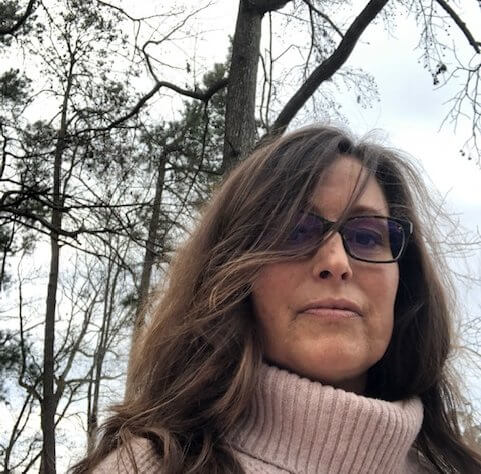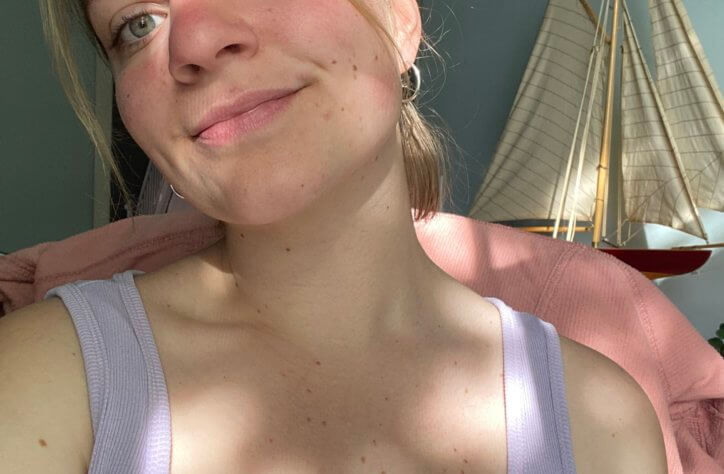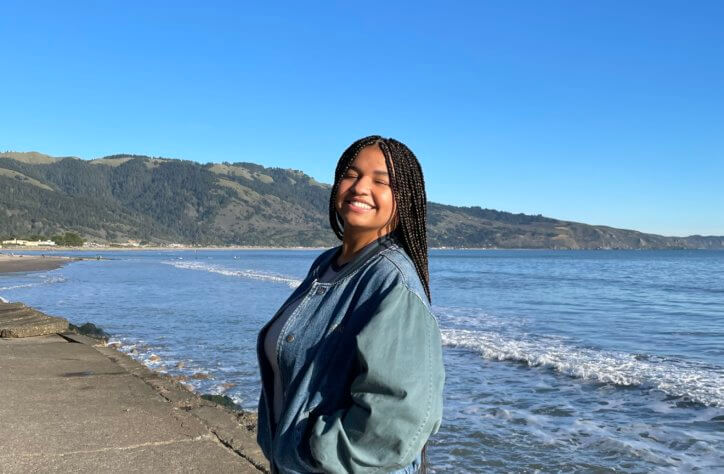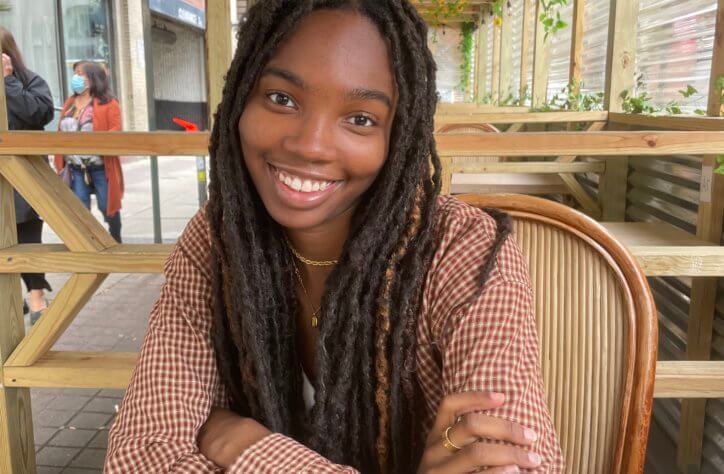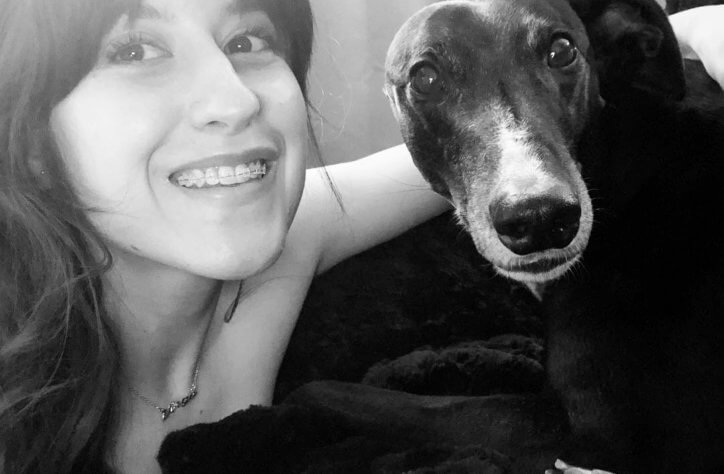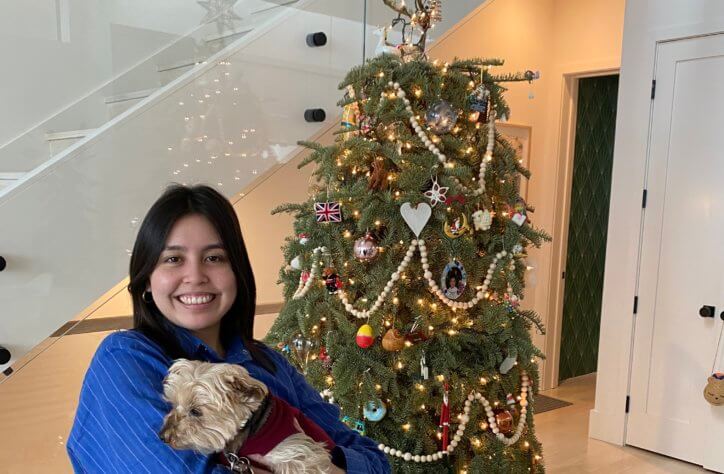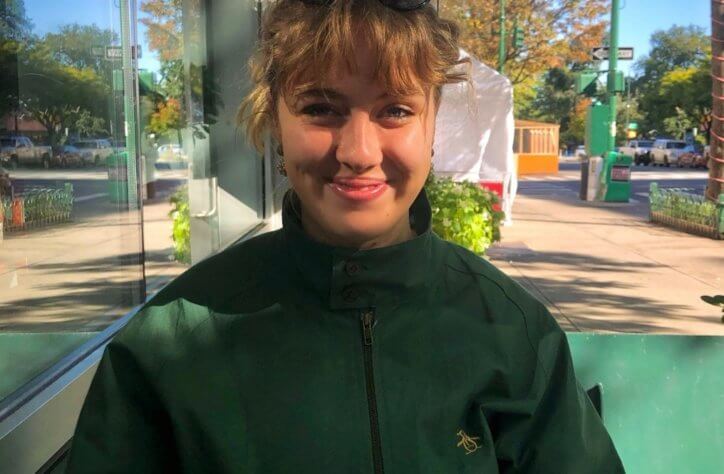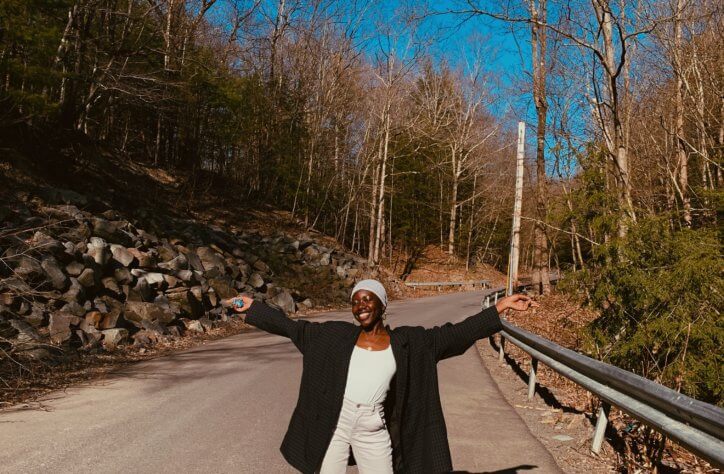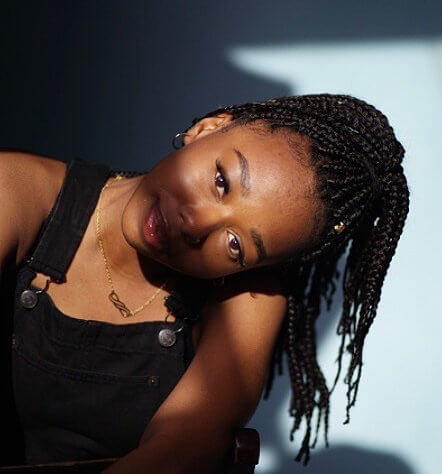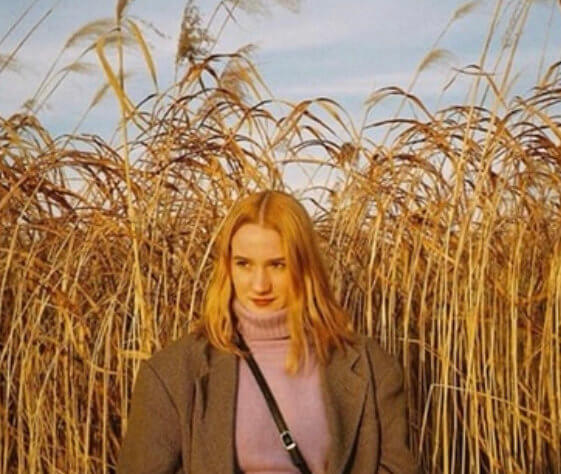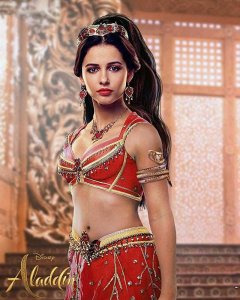
Gurls Talk sat down for breakfast with the British actress and singer Naomi Scott and a collective of women to discuss her role as the ‘Power Princess’ in the live action Disney adaptation of Aladdin, directed by Guy Ritchie and produced by Dan Lin, p.g.a and Jonathan Eirich, p.g.a. We asked Naomi a series of questions about race, gender and female empowerment.
Princess Jasmine is definitely no ordinary princess, she exudes both physical and mental strength how did you go about making sure you were able to portray her as you did:
Jasmine was the princess that I could relate to the most when I was younger, I felt empowered by watching her because she was outspoken. She was the princess I could play, the one that I could most identify with, in terms of appearance and personality. When the opportunity arose, I was really excited, my mind started going because I was thinking of all of the things I could do with the character, to humanise her. As an actor I felt like I could really do something great. I don’t know what they’re thinking but I had a good feeling because I love what Disney have been doing with their heroines and I really enjoyed the audition process.
There were a couple of things I wanted to focus on with Jasmine I wanted to bring a little bit of maturity, I didn’t want to make her too young she knows what she’s doing, she’s a politician. I wanted her to have a sense of grounded- ness, a feeling that she’s settled, she knows who she is even though she’s trying to find her voice and I wanted her to find her voice. Sometimes in the past when creating these female roles there’s been a sense of oh, she’s strong because she’s said something witty to a man because she’s sassy but no that’s not really it for me. She’s actually fighting for the freedom of choice, fighting for the people of ‘Agrabah’ (fictional country in Aladdin). That’s feminism and that’s important, that’s what makes her strong. You can also be strong in your weakness; you can be strong and you can cry, you can be serious and you can be funny, women can be lots of different things. Even when people talk to me about Jasmine and say, ‘oh she’s so sassy,’ which is great (I mean she has some great one liners) but for me it was about her depth and bringing that to the forefront.
Even small details like riding on the magic carpet mattered. It’s very easy when your filming, to miss those details but for me it was definitely a case of I need to drive this thing at some point because I can. It’s very poignant for me because she is adventurous by nature and although she’s been taught to be composed because she has a duty to uphold, she doesn’t conform to the typical gender roles, especially as a princess. There’s also a strength in being composed, a strength in keeping yourself together, being wise and poised and when she gets out of the palace she too wants to explore, she’s not afraid, so for me those kinds of things were important.
Just like it’s not about Jasmine just wanting to be the Sultan but wanting to lead because she knows she has great leadership skills and that was more important for me. I wasn’t just asking for power because I can, Princess Jasmine knows she is more than qualified to take on the typically male role of Sultan. I wanted people to see her as a modern-day princess who is strong, intelligent and assertive.
Aladdin can be sighted as being one of the most diverse Disney films so far, how did it feel to be part of a project like that, a huge movie where you saw yourself represented on screen:
It’s so crazy because I guess for me as an actor it’s always been an interesting one for example my journey, I wouldn’t change it for the world because I’ve learnt so much and I’ve got to a place where I am who I am. As a mixed woman and to go through all the things where you’re not enough for one person or another person, it’s so great to feel that I’m represented in a way that is really really special for me and I think for other girls, young girls and young boys, seeing someone who they can play, especially when you are young is simple but also powerful. A young kid may not get all the nuances, but they can be like OMGSH I can be her so that’s something that I feel is very important and powerful, I’m just so proud of this cast and everything is perfect. Like Will bringing his sensibility and his flavour to his role was also really important.
Do you think that this will set a precedent for Disney in making their movies more diverse?
I hope so, I would like to think so. I think that what’s nice is that we are starting to see more of the myths busted, the idea of ohh a female lead, then boom Wonder Woman and then boom Beauty and the Beast- thank you! ‘ohh a black cast’? then Black Panther! I think it’s good that we’re seeing that play out because I think that also does something more on a psychological level. Sometimes it’s not as tangible as just the facts of data, it is a feeling of like oh ok I can do this. For example like Black Panther, for black kids there was a time where they could only relate to the white lead for a long time and now it’s like trust me you can do it too, like it’s not actually that hard and you are able to relate. What I loved about that movie was that it was still such a black movie and that’s down to the director Ryan Cougler just running with it which was so important. Before this movie kids were probably thinking being a person of colour and playing the lead is something I can’t do, maybe for that one person out of a million but now it’s actually a viable option if I work really hard.
There’s still a long way to go and for me I definitely had to forge my own lane because I am a bit of a weird being because I’m not like one thing or another, so I’ve had to create my own thing and I went through a lot, being the new girl and then losing out to the more potentially business wise option because for them that would make more sense but now I love and embrace who I am.
You perform a song in the movie called ‘Speechless’ which I believe will be another great Disney anthem. It ends a very powerful message about refusing to give up and how important it is to fight for what you believe in. How important was it for you to make this song one of the standout tracks of the movie?
First of all, I grew up on gospel music, like Mary Mary, Kirk Franklin so for me this was a bit different because its more musical and I’ve never had vocal training or anything like that. It was a challenge. It was such hard song. When I heard it, I was like WOW! If not for the timing of that song alone.
When we shot that scene It was at a time, especially in the media where women and men had been speaking out about things that had happened to them and I kind of felt the weight of that, I was like you know there are so many before me that have spoken out and it’s not had a positive effect on their life. This idea that we think that people are speaking out to get just to get something out of it, it’s like no that’s not the reason! It’s tough because when you speak out you get that backlash and there are people that have gone before me that have spoken out and have allowed me to feel more protected in my job like how amazing, there are women who had to make sacrifices, like my grandmother.
My family are from Uganda my nan had 10 children and sacrificed so much for them, she was married at 15 and had her first child at 16. When I look at my nan I think wow, what you gave allows me to do what I’m doing now. So whether its people in the media, women I know or women I just meet who inspire me, all of that is what I took into the room when performing ‘Speechless’, I wanted to give it my all in homage. I didn’t want it to be pretty I wanted it to be raw, I had veins popping out of places I wanted it to be ugly in that sense, because she’s angry and It’s ok to be angry sometimes. I wanted to do the song justice it had to be powerful, strong and thought provoking and I hope I made it just that.
Aladdin opens in UK cinemas nationwide on the 22ndMay, 2019
